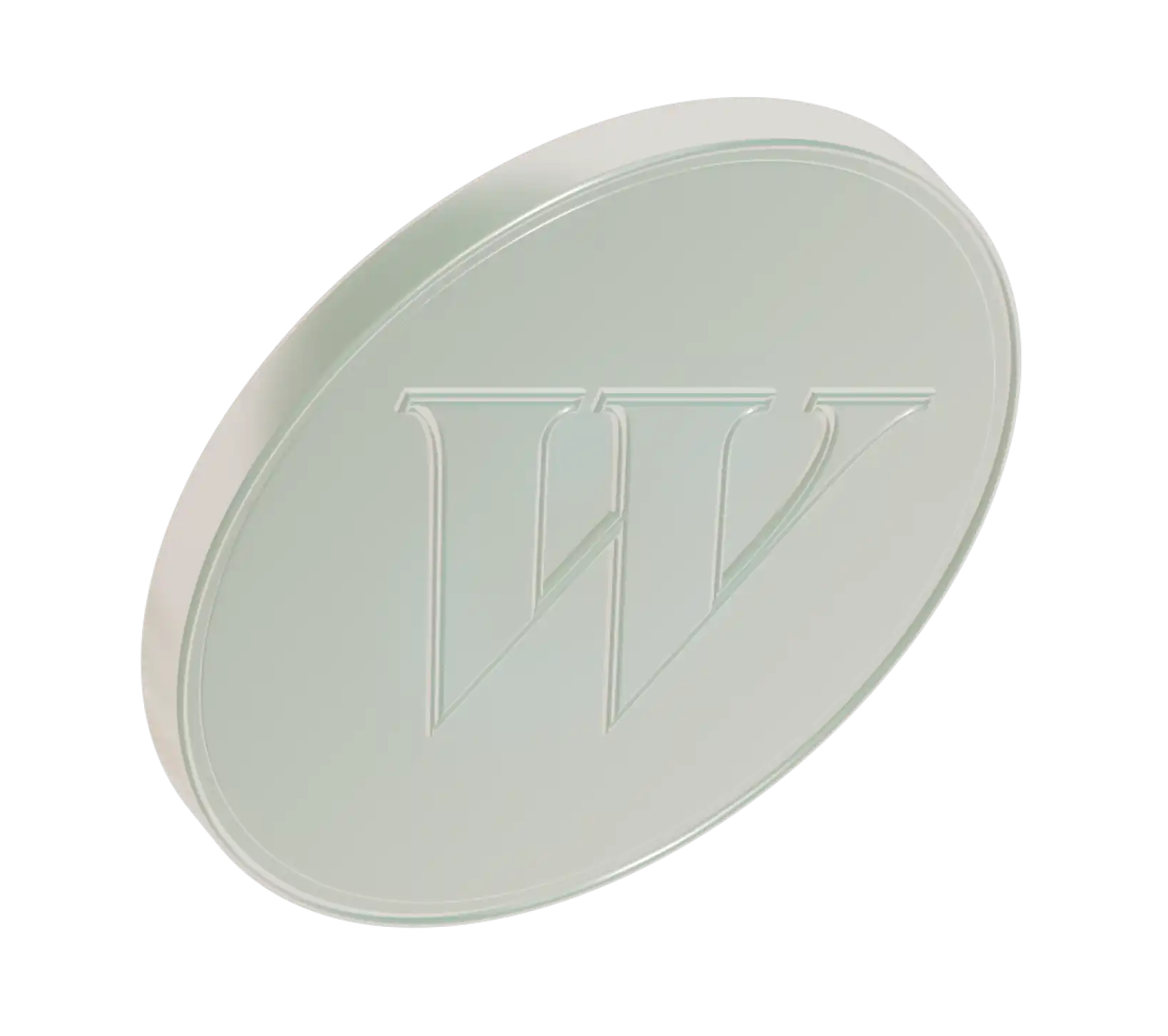Setting up a trust account can protect your assets from being spent on a variety of expenses you might rather avoid — bankruptcy, divorce, legal judgments, extravagant spending by your heirs as well as taxation upon your death. If any of these scenarios strikes fear in your heart, you may want to consider setting up what’s called an irrevocable trust — a permanent contract that ensures that whatever money or property you put in trust will be controlled by a trustee and distributed to a beneficiary according to your instructions. An irrevocable trust will keep the assets out of reach from both yours’ and your heirs’ creditors.
“Irrevocable” is no joke — once you set up an irrevocable trust, the money will no longer belong to you, and its irreversible, so it’s not a decision to be taken lightly. (Revocable trusts are reversible, but provide almost none of the financial protections of an irrevocable trust.) An irrevocable trust does not however, mean you’ll never get to use your money again. One type of irrevocable trust is a “discretionary trust” — an agreement in which the trustee is given carte blanch to spend the trust contents as she sees fit — the beneficiary of the trust may be the one who set it up in the first place. Most so called asset-protections trusts have baked into them what’s known as a spendthrift clause — a promise that the trustee will never turn over the proceeds from the trust directly to a creditor or another entity besides the beneficiary. This helps prevent not-entirely-responsible heirs from getting into risky or bad deals using trust money.



